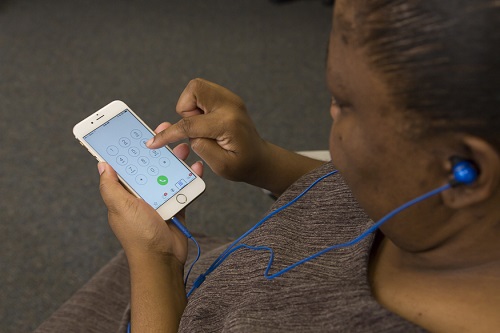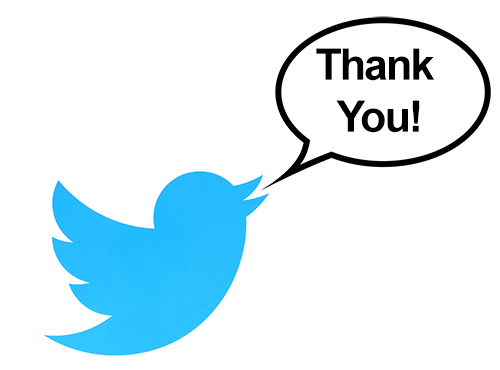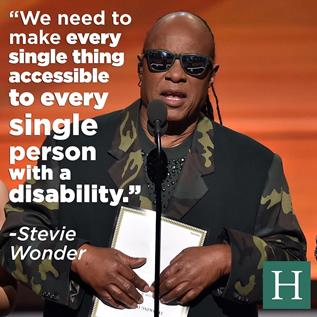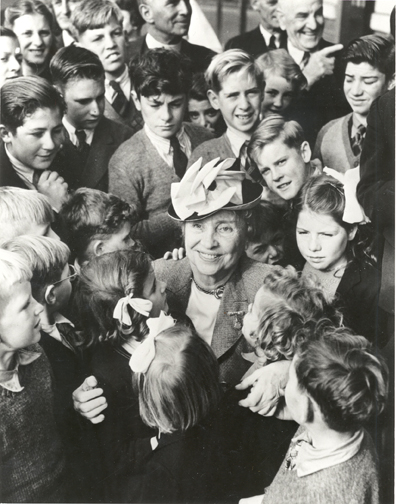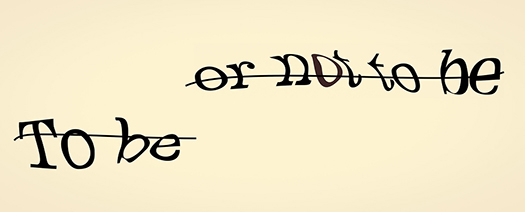Twitter released a blog post today announcing Accessible Images for Everyone. The post explains, "Starting today, people using our iOS and Android apps can add descriptions — also known as alternative text (alt text) — to images in Tweets," and goes on to describe how to enable the new feature.
The Washington Post published an article today about accessibility problems that occur not only on companies' websites, but in their mobile applications (apps), noting that "Apps can be a game-changer for people with low vision — if companies build them right."
TechCrunch also recently reported on the question: Will apps become the next disability lawsuit target?
We are delighted to present the first of the many blog posts that will appear over the next two years as part of the Helen Keller Digitization Project. We are kicking off with a post by Kim E. Nielsen, professor of Disability Studies at the University of Toledo, and Helen Keller expert. Enjoy!
In honor of Global Accessibility Awareness Day, please enjoy and share these resources, and add your own suggestions in the comments!
Note: The following is testimony made by Mark Richert, AFB's director of public policy, on how copyright law affects those with vision loss. For a primer on this topic, please see All Rights Reserved—How Copyright Law Can Leave People Who Are Blind Out. Video of this testimony is also available from the U.S. House of Representatives.
Lots of websites have a real and urgent need to keep bots and spammers off their sites. One partial solution is the CAPTCHA.

